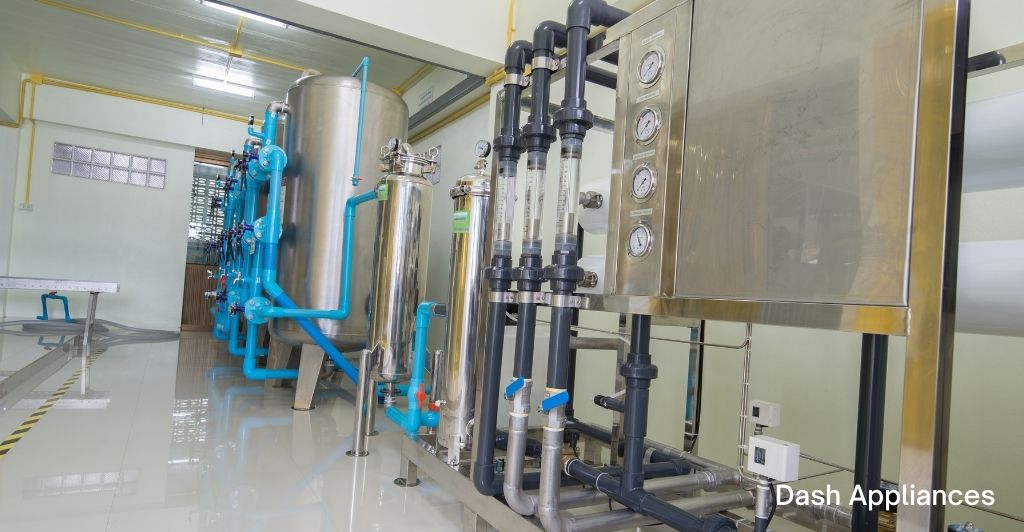Filtration systems are highly used for both industrial as well as commercial uses. It is an essential part of the regular functioning of nearly all pharmaceutical corporations, hotels, grocery shops, restaurants, and various other companies.
Whether it is for drinking purposes or the preparation of various food items, water filtration plays a vital role in keeping your business as well as your customer base away from toxic water pollutants. In this article, we will enlighten you mainly on commercial water filters and how they work.
What Are Commercial Water Filters
Commercial water filtration systems work the best for eliminating a variety of water pollutants from water on a greater scale like huge private residential areas, firms, large apartment buildings, shops, and many other places.
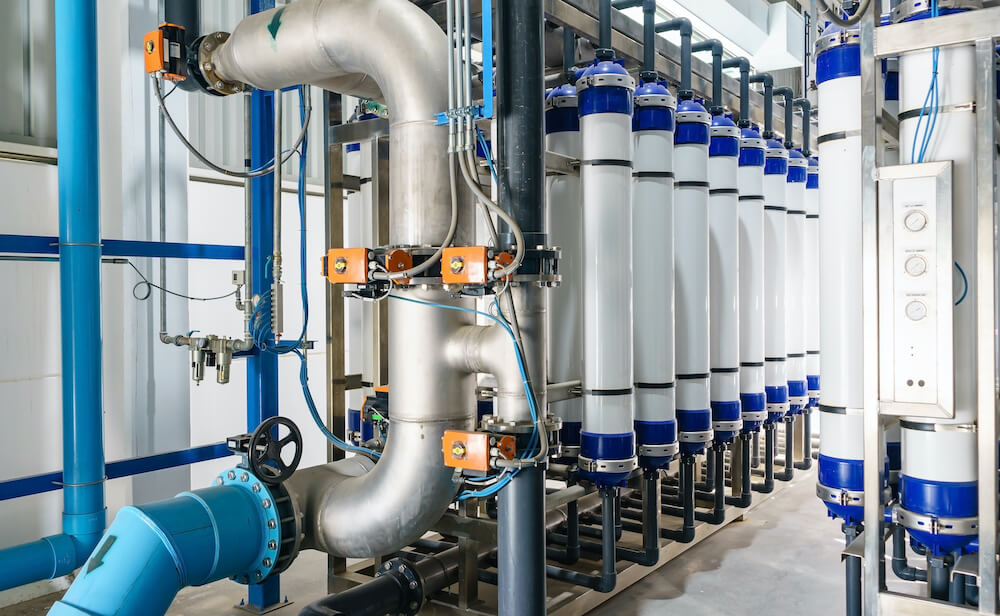
A commercial filter is built with very tiny holes which are sufficiently small for stopping undesirable elements like metals, sediments, chemicals, particles, minerals, or any other contaminants from passing through the filter along with your water. The technology of water treatment is a vital requirement for any company that needs clean and healthy water regularly.
In modern times, the production and layouts of these filters are constantly evolving along with a great focus on their features as well as usage for a longer period.
Types of Commercial Water Filters
1. Activated Carbon Water Filters
Activated carbon water filters are often called charcoal water filters too. They use activated charcoal to remove impurities from your tap water.
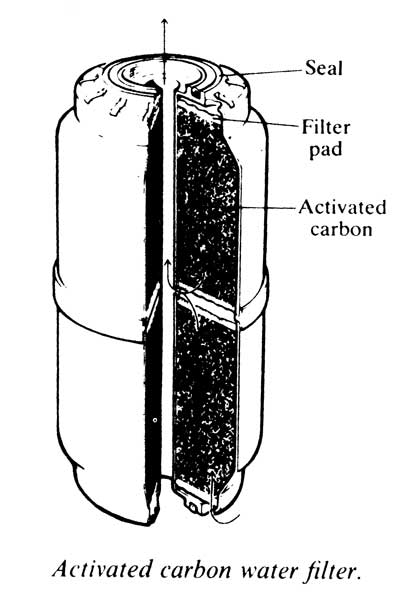
Activated charcoal makes use of O2 for opening up tiny pores among atoms of carbon. These are further used for absorbing the impurities while water will pass through the filter.
2. Carbonless Water Filters
These water filters make use of monochloramine along with chlorine for removing impurities from your water rather than charcoal or carbon which is why they are called carbonless water filters.
An additional advantage of using these water filters is that they help to keep the ice machines as well other appliances safe from any scale damage as calcium carbonate deposits settle on your HVAC systems or refrigerators.
Scale damage may end up causing greater energy as well as maintenance charges for your appliance.
3. Reverse Osmosis
Reverse Osmosis (RO) uses the semi-permeable membrane to purify your water by removing any impurities and chemicals.
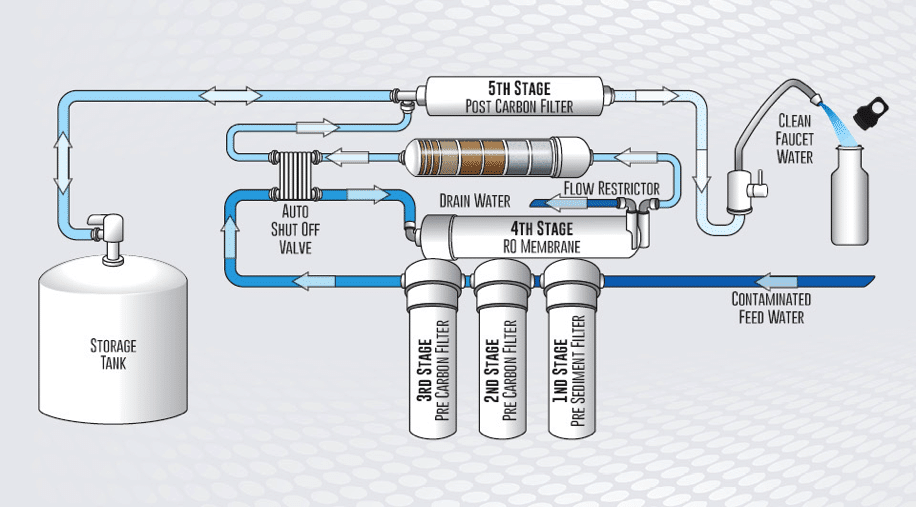
This water filter inserts force on the molecules of water for releasing pure water for you while keeping any water pollutants back inside the water filter.
Functions Of a Commercial Filter
First and foremost, it is essential to mention that a commercial water filter operates in a couple of different ways:
1. Physical filtration process
This is the procedure for discarding any impurities from the water physically.
2. Active filtration process
This process is also called chemical filtration. In this process, pollutants are modified in some manner before they are discarded.
The majority of the water filters make use of both of these processes combined for effectively removing the impurities and cleanse your drinking water.
How do commercial water filters work
Water Disinfection
After the water has passed through your water filter, the following stage is water disinfection.
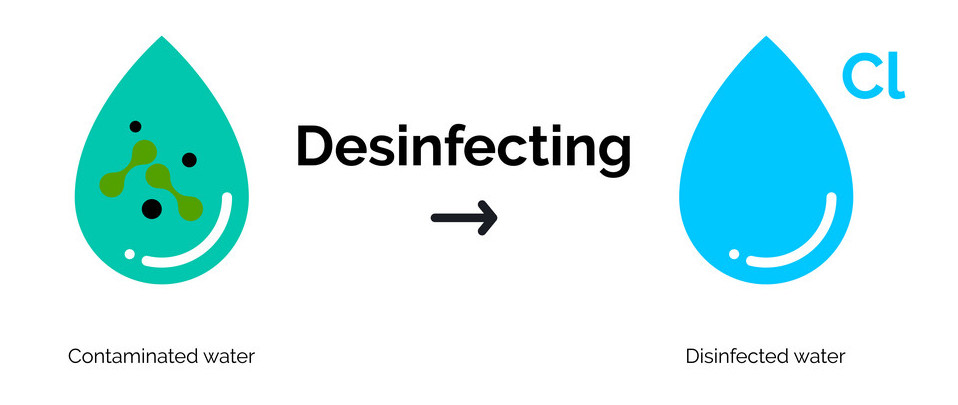
Although your water filter must have gotten rid of the maximum number of pollutants, many times certain toxic pathogens, as well as viruses, may be left behind.
The step of disinfection results in corrosion of the cells of bacteria or any other microorganism and makes them incapable of reproducing by the distribution method. Many filtration systems use an additional disinfectant stage for assuring a neat shift to the step of refrigeration.
Water Refrigeration
The ultimate stage for the water is moving to a storage area for getting refrigerated so that it is perfectly fit for consumption.
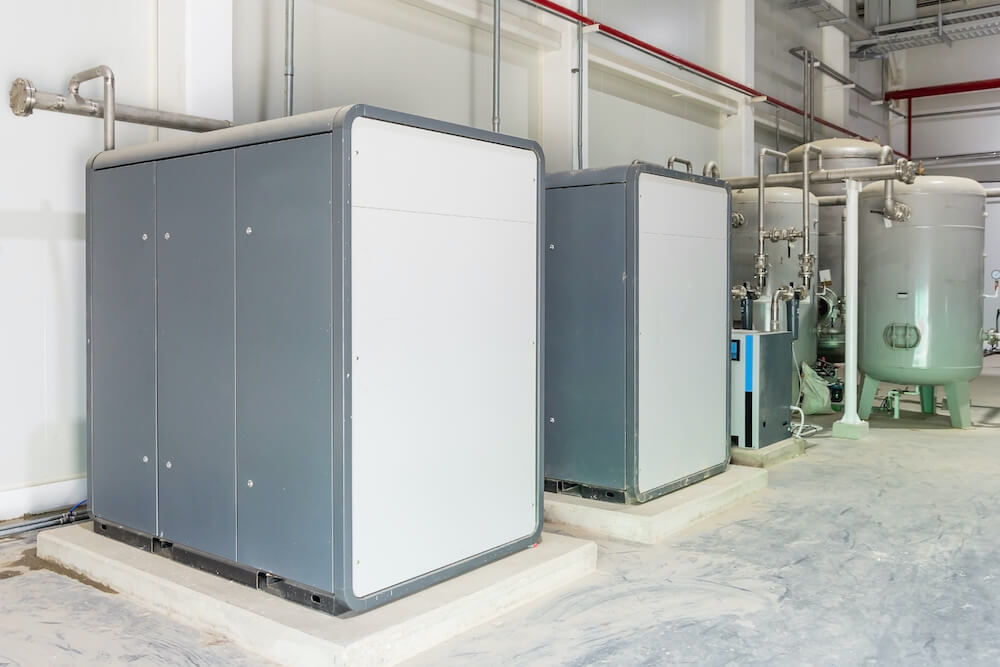
It is essential to ensure that the filtration system that you are using makes use of stainless steel for assuring cool and clean drinking water for you. For those who don’t know, stainless steel, as a metal, is not only safe but also free of BPA.
Given the ongoing social as well as the economic environment, it is essential to maintain safe and neat conditions in the company. Both the staff as well as the customers require just pure water for drinking purposes as well as for performing other regular actions.
What do commercial water filters remove?
A commercial water filter removes any and every impurity from your water including calcium, chlorine, dirt, iron, copper, carcinogens, bacteria, fluoride, minerals, lead, pesticide, mercury, salt, sulfur, and sand.
It is worth mentioning that the impurities and their amount present in your water majorly rely on the water source of your tap water and vary from region to region. They may also differ within a particular area. For instance, in certain areas, the salt content in water is relatively high in comparison to others.
Conclusion
That was everything about commercial water filters and their working. They have an essential role to play in several businesses today due to their effectiveness in purifying water for a huge number of individuals. Nevertheless, it is also important that you take proper care of them and replace them when required.
Frequently Asked Questions (FAQs)
Why do I need a commercial water filter?
Tap water originally has a poor taste because of the presence of minerals and chlorine. Additionally, when chemicals get added to this water, it may also make it unfit for drinking purposes. Various bacteria, as well as germs, can make their way to tap water during the process of water treatment. Moreover, if the pipeline in your house is rusty or old, it may have given way for additional metal or sediment content in your tap water.
Given all these factors, a commercial water filter becomes an essential tool to purify water in your house.
What commercial water filter do I choose?
Your choice of water filter is dependent on your water source. A good activated carbon filter is typically sufficient for the majority of the applications. However, in the case of municipal or well water sources, reverse osmosis is recommended.
Do I need to change my water filter?
It is important to replace your water filters regularly. Every water filtration system operates similarly. Impurities may get accumulated and bacteria may grow inside the water filter making it blocked and ineffective. Therefore, you must keep replacing your water filter whenever required.
How do I take care of my commercial water filter?
Like any other water filter, commercial filters need constant care and maintenance too if you wish to use them for long periods. The primary step for your filter maintenance is cleaning the screen periodically to prevent blockage and loss in flow rate. Moreover, replace your water filter when needed.
